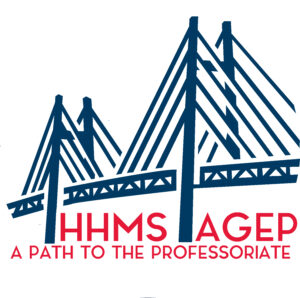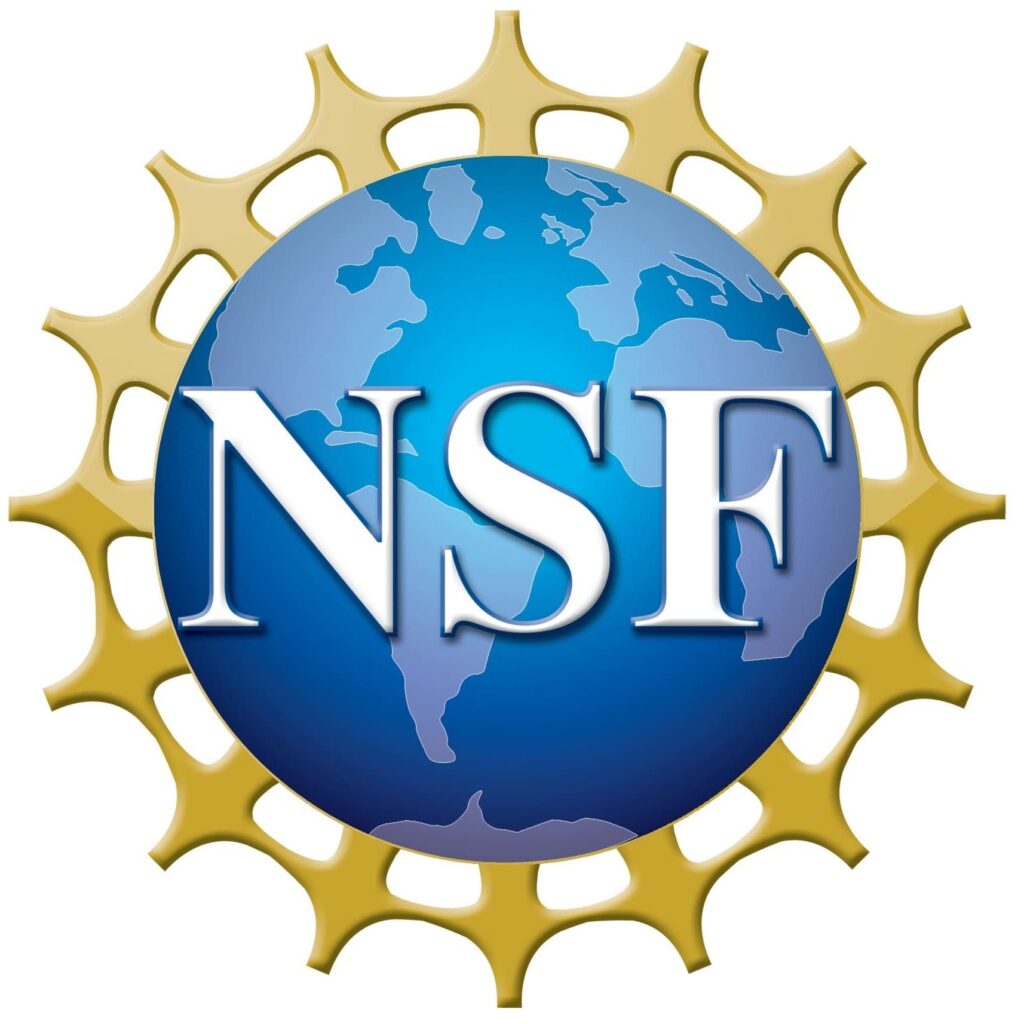Diversity in the College Classroom (DCC)
Instructor — Dr. Veronica Thomas Diversity in the College Classroom (DCC) is part of a repertoire of courses made possible by funding obtained from the National Science Foundation for the Howard, Hampton Morgan State- Alliance for Graduate Education and the Professoriate(HHMS-AGEP). This course can be used as partial fulfillment for the Certificate in College and University Faculty Preparation offered by Howard University. Through interactive discussions, case studies, a capstone project, and expert guest speakers, this HHMS-AGEP course will expand learners’ knowledge and understanding of diversity, in its varied forms, and the ways that diversity affects both teaching and learning in the college classroom. This course is aimed toward science, technology, engineering, and math (STEM) and social, behavioral, and economic sciences (SBE) educators who value diversity and are genuinely interested in promoting a more inclusive university classroom environment where all students can maximize their learning outcomes. The course is taught by Dr. Veronica G. Thomas, Howard University.
The Culturally Relevant Pedagogy and Assessment (CRPA)
The Culturally Relevant Pedagogy and Assessment (CRPA) course delves into the profound impact of teaching approaches on diverse students and how culturally relevant practices can foster a more inclusive and empowering learning environment. The course critiques traditional educational structures, exploring concepts like white supremacy and systemic inequality, while promoting liberatory pedagogies that dismantle harmful biases and center the experiences of all learners. Participants will gain a critical understanding of how power dynamics and social constructs manifest in the classroom, develop strategies to combat microaggressions, and learn to frame student potential through an opportunity gap lens rather than an achievement gap framework.
How To Mentor Graduate Students (MGS)
The academic and professional success of underrepresented students has been strongly linked to mentorship (Secules, Gupta, Elby & Tanu, 2018). This course is designed to increase the importance and knowledge of culturally responsive mentoring in future faculty. Course participants will be introduced to best practices in mentoring graduate students, within the context of teaching, research, and professional development.Instructor
Faculty Roles and Responsibilities: FRR.
The goal of this course is to provide future members of the professoriate with information and experiences that will improve their abilities to obtain and transition into new faculty positions. Activities will include presentations and guided lessons by the instructor and invited experts in various areas important to the success of professors in various fields. Students generate documents that can be kept and modified as they progress through the Preparing Future Faculty program, begin applying to faculty positions and as they develop as members of the professoriate.
Effective Technologies in Teaching and Learning: ETTL
Effective Technologies in Teaching and Learning (ETTL) is part of a repertoire of Courses made possible by funding obtained from the National Science Foundation for the Howard, Hampton, Morgan State- Alliance for Graduate Education and the Professoriate(HHMS-AGEP). This Course can be used as partial fulfillment for the Certificate in College and University Faculty Preparation offered by Howard University. ETTL is designed for students who desire to understand new approaches to the effective use of instructional technology in their teaching practices. The course provides participants with a foundation for choosing appropriate technological tools based on learning needs; gives participants hands-on experience, through class sessions and projects, in the effective use of learning technologies such as interactive web application, video/audio lectures, clickers and various course management tools; and promotes the importance and scholarship of the evaluation of instructional technology efficacy. Pre-requisite(s): Students should have completed their disciplinary coursework or obtain permission of their disciplinary advisor to register for this course.
The Learner-Centered Community College: LCCC
The purpose of the course is to introduce you to what has been termed “the learning revolution” which has resulted in “the learning centered college,” our main focus. Or was it the learning centered college that brought about the learning revolution? Well, perhaps we’ll discover that as we move through the course. While student learning has always been a major topic in the academy, it has, in recent years, become a measure of institutional effectiveness by state higher education agencies, by regional accrediting agencies like Middle States and by local and state governments. Developing a culture of evidence based on documented improvements in student learning has become a major focus of many, if not most, institutions of higher education. Nowhere is this more apparent than in community colleges across the country.

